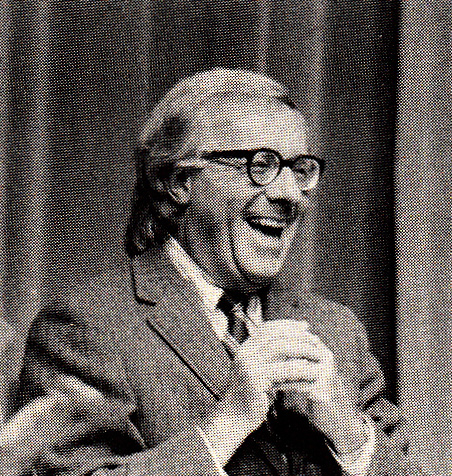by Maria Popova - Brain Pickings Weekly
“A writer who waits for ideal conditions under which to work will die without putting a word on paper.”

Ray Bradbury, a lifelong proponent of working with joy and an avid champion of public libraries, playfully defies the question of routines in this 2010 interview:
My passions drive me to the typewriter every day of my life, and they have driven me there since I was twelve. So I never have to worry about schedules. Some new thing is always exploding in me, and it schedules me, I don’t schedule it. It says: Get to the typewriter right now and finish this.
[…]
I can work anywhere. I wrote in bedrooms and living rooms when I was growing up with my parents and my brother in a small house in Los Angeles. I worked on my typewriter in the living room, with the radio and my mother and dad and brother all talking at the same time. Later on, when I wanted to write Fahrenheit 451, I went up to UCLA and found a basement typing room where, if you inserted ten cents into the typewriter, you could buy thirty minutes of typing time.

Joan Didion creates for herself a kind of incubation period for ideas, articulated in this 1968 interview:
I need an hour alone before dinner, with a drink, to go over what I’ve done that day. I can’t do it late in the afternoon because I’m too close to it. Also, the drink helps. It removes me from the pages. So I spend this hour taking things out and putting other things in. Then I start the next day by redoing all of what I did the day before, following these evening notes. When I’m really working I don’t like to go out or have anybody to dinner, because then I lose the hour. If I don’t have the hour, and start the next day with just some bad pages and nowhere to go, I’m in low spirits. Another thing I need to do, when I’m near the end of the book, is sleep in the same room with it. That’s one reason I go home to Sacramento to finish things. Somehow the book doesn’t leave you when you’re asleep right next to it. In Sacramento nobody cares if I appear or not. I can just get up and start typing.Full article at Brain Pickings Weekly
No comments:
Post a Comment